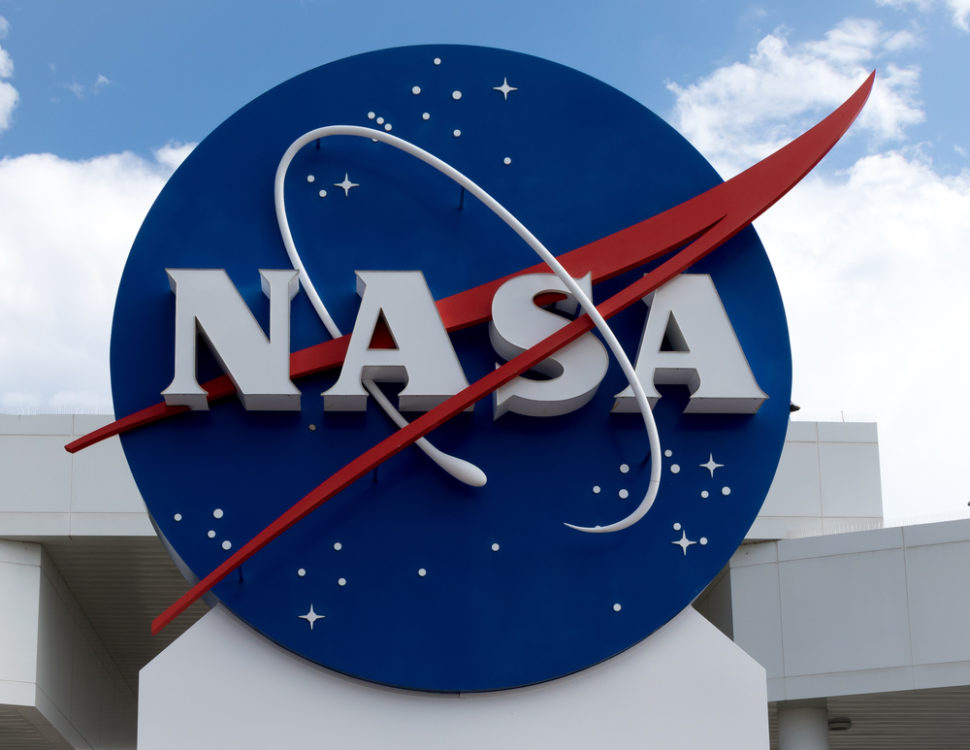A joint investigation by NASA and the U.S. Justice Department revealed that NASA had been a victim of a metals fraud for nearly two decades, causing the agency to lose $700 million USD in satellite failures. The scam was reportedly orchestrated by the Oregon-based company, Sapa Profiles Inc.
For 19 years, the metal parts manufacturer falsified thousands of aluminum parts certifications for its numerous clients which include NASA. The employees of Sapa Profiles reportedly tweaked the failing test results of material parts from 1996 to 2015.
According to the space agency, some of the bad parts they purchased were used to develop the Taurus XL rocket. The rocket was scheduled to launch satellites to study Earth’s climate changes back in 2009 and 2011.
The launch failed, and according to official NASA statement, the rocket’s fairing that carried the satellites while they travel in space didn’t open as planned.
Metals Fraud
Norsk Hydro ASA, the parent company of Sapa Profiles, reportedly agreed to pay $46 million in damages to NASA, the Department of Defense, and its other customers affected by the metals fraud to settle the criminal charges and civil claims filed against it.
Brian Benczkowski, the assistant attorney general of the criminal division at the Department of Justice, said in a statement:
“Corporate and personal greed perpetuated this fraud against the government and other private customers, and this resolution holds these companies accountable for the harm caused by their scheme.”
Norsk admitted that employees at Sapa Profiles, now known as Hydro Extrusion Portland, had indeed faked the test results for the reliability and strength of the metal parts. According to reports, Sapa also pleaded guilty to one count of mail fraud and is now banned from receiving contracts from any U.S. Federal agency.
Jim Norman, NASA’s director for launch services, said a statement:
“It is critical that we are able to trust our industry to produce, test and certify materials in accordance with the standards we require. In this case, our trust was severely violated.”



















Comments (0)
Most Recent